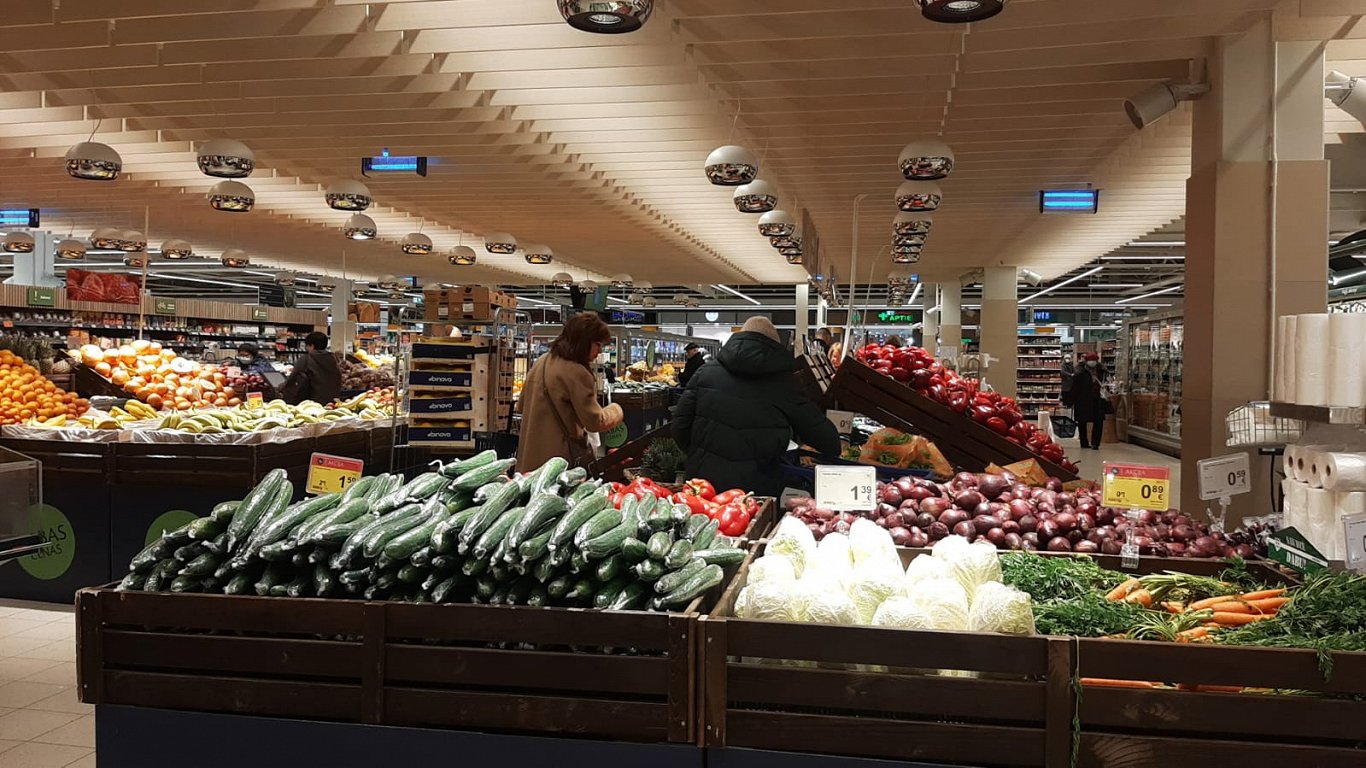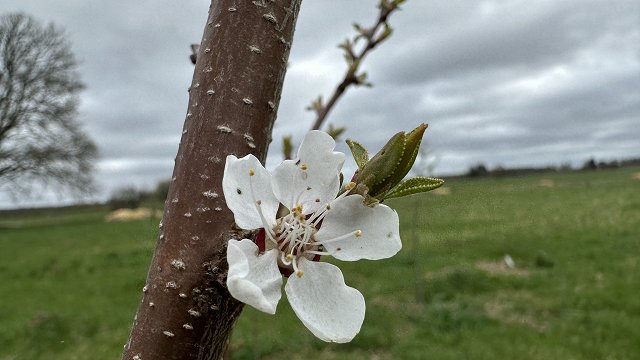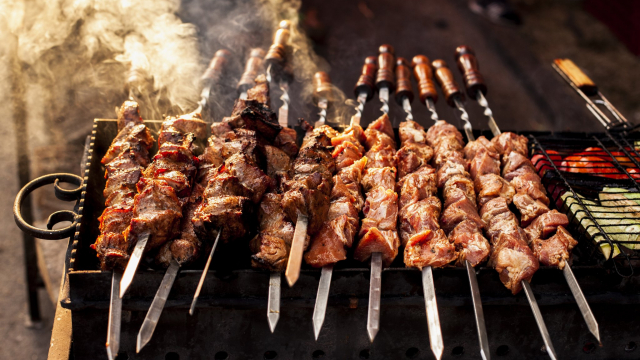During a conference on VAT reduction for food in late March, Agriculture Minister Kaspars Gerhards (National Alliance) expressed support for such incentives in certain fresh food groups to mitigate the impact of fast-growing prices on the final consumer.
Gerhards said: “Measures must also be taken at the national level to mitigate the impact of the Russian-led war, and the issue of reducing VAT on food products produced in Latvia has been particularly topical. According to the Ministry of Agriculture's estimates, with the VAT rate falling from 21 to 5%, the price reduction for final consumers – fresh meat and fish, as well as basic dairy products, is expected to be above 10%, while for eggs nearly 4%."
The Agricultural Organizations Cooperation Council (LOSP) also insists on reducing VAT from 21 to 5% for food and also for feed, fertilizers, and veterinary medicines, so that entrepreneurs can provide food on store shelves and boost the purchasing capacity of the population, said Guntis Vilnītis, Director-General of the LOSP.
He said: “Latvia is on the list of four countries that have this standard high VAT for food, with our neighboring countries and Denmark. There are discussions at the moment, but we are surprised by the deaf ears of the Saeima. Talks about granting benefits but can't think about the whole community. In our view, it is a matter of political nature. But what is in politics? Just as we don't know the ingredients in sausages, we don't know the ingredients in politics."
In March, two-thirds of the total price increase was driven by increases in food, fuel, and electricity prices. Compared with a year earlier, food prices rose around 15% in March.
Vilnītis said that the reduction of VAT does not mean that food prices will fall proportionally since food production costs and prices continue to rise, but this will reduce the inflation pressure on households' budgets in the view of farmers.
The organization “Farmers Saeima” estimates that, by reducing VAT, a person could purchase food worth an extra €300 per year.
The president of the Latvian Employers' Confederation, co-owner of the fish processing company “Karavela” Andris Bite, also joins the initiative of food producers and farmers. He said that under current circumstances, the government should consider options for at least temporarily reducing VAT on first-necessity goods.
“I believe that product prices, even by reducing VAT, will rise further in the autumn. [..] I don't think Latvia is in danger of a hunger situation, but the increase in prices for food and energy resources will lead to a change in consumption patterns for a large part of the society."
However, Bank of Latvia economist Olegs Krasnopjorovs believes that reducing VAT on food is an inefficient way to reduce income inequality because the wealthy part of the society spending more on food would also benefit more. Nor are there any real solutions currently available to offset such budget losses, which may lead to the need to raise other taxes, the economist said.
The Latvian University of Life Sciences and Technology is currently performing calculations, and the Ministry of Agriculture plans to report in the middle of summer on the cost of reduced VAT on vegetables and berries in the past four years, as well as the impact of extending this incentive to fresh meat, fish, dairy products and eggs.




























